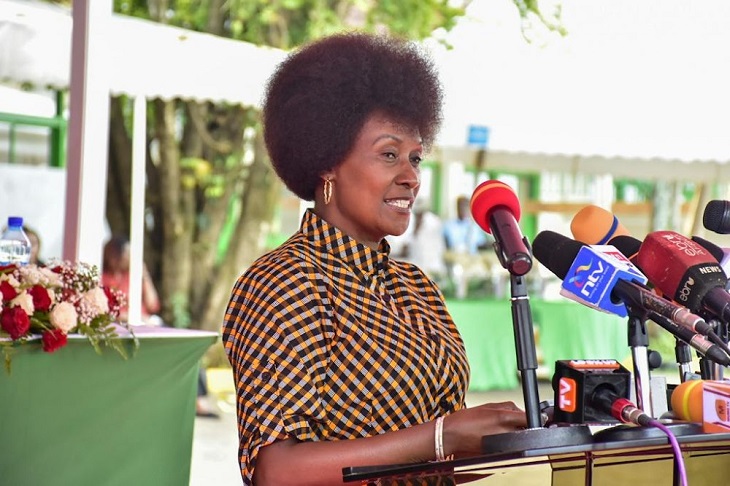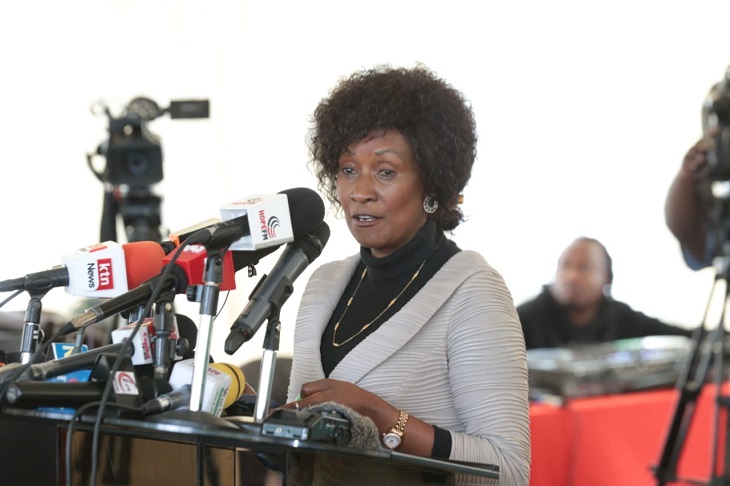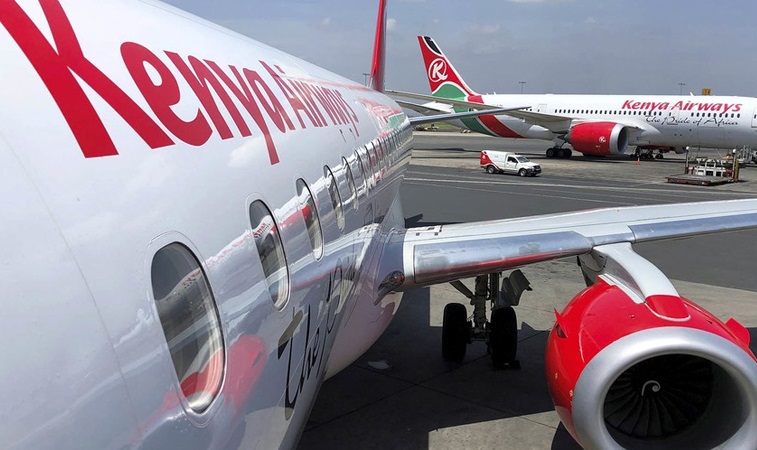The Teachers Service Commission (TSC) is poised to receive an infusion of 17 billion shillings from the National Treasury. This substantial allocation, detailed in the budget estimates recently presented to Parliament, is earmarked to facilitate a comprehensive salary increment for teachers, set to take effect in July 2025.
Breaking down the allocation, 10 billion shillings are designated specifically for salary adjustments, reflecting the government’s commitment to enhancing the remuneration of educators. An additional 6.9 billion shillings is allocated to bolster teachers’ basic salaries, ensuring a more robust compensation structure. These financial commitments come as the TSC continues its negotiations with various teachers’ unions, aiming to finalize a mutually beneficial pay agreement.
Beyond salary enhancements, the Treasury has earmarked 4.7 billion shillings to address teachers’ contributions to the mandatory health insurance scheme, known as MAKL. This allocation is particularly timely, as it seeks to resolve ongoing medical insurance challenges that have recently plagued educators. There have been numerous reports of teachers being denied medical services due to unresolved insurance issues, leading to widespread concern and dissatisfaction within the teaching community.
Related Content: 189,000 Teachers Apply To Fill 25,000 TSC Vacancies
In January 2025, a pivotal meeting took place in Naivasha between the Kenya National Union of Teachers (KNUT) and TSC officials. During this session, KNUT presented a series of proposals aimed at overhauling the current employment and promotion framework for teachers. A central recommendation was the elimination of job group B5, proposing its replacement with job group C1 as the new entry-level grade for primary school teachers. This change aligns with KNUT’s policy framework, which advocates for a more streamlined and rewarding career progression for educators.
Further, KNUT has called for the automatic promotion of all teachers currently in job group C1 to job group C2, effective from July 2025, as part of the forthcoming Collective Bargaining Agreement (CBA) for the 2025-2029 period. This proposal underscores the union’s dedication to ensuring that teachers’ career advancements are both timely and reflective of their experience and contributions.
Another significant aspect under discussion is the status of primary school headteachers overseeing institutions that host junior secondary sections. KNUT proposes that these headteachers be elevated from job group C5 to D1, recognizing the expanded scope of their responsibilities. This recommendation is in response to the evolving educational landscape, where headteachers are now tasked with managing more comprehensive school structures.
Complementing these proposals, over 10,000 headteachers have expressed a desire for their titles to be updated to ‘principal,’ reflecting the comprehensive nature of the schools they manage. The Kenya Primary School Headteachers Association (KEPSHA) has been vocal in advocating for this change, emphasizing that the title of ‘principal’ more accurately encapsulates the multifaceted duties these educators perform. Additionally, KEPSHA is lobbying for enhanced compensation packages that correspond with the increased responsibilities associated with managing Junior Secondary Schools within their institutions.
The education sector isn’t the sole beneficiary of the proposed budgetary adjustments. Teachers, prison staff, university lecturers, and other educational staff stand out as significant recipients in the National Treasury’s proposal for an additional 88 billion shillings in the national budget. Of this amount, a substantial 68 billion shillings is allocated for ministerial expenditures, with 24.7 billion shillings designated for recurrent expenses and 43 billion shillings earmarked for development projects.
The 2024-2025 second supplementary budget estimates, currently awaiting approval by the National Assembly, reveal that the TSC is slated to receive the largest portion of these additional funds. The proposed 17 billion shilling increase in the commission’s budget is anticipated to pave the way for long-awaited salary increments for teachers.
This financial boost comes on the heels of widespread grievances from educators regarding medical insurance challenges. Numerous teachers have reported being denied medical services due to outstanding insurance debts, amid allegations that their employer had failed to remit the necessary capitation funds. The recent budgetary allocations aim to address and rectify these pressing issues, ensuring that teachers receive both the financial and medical support they rightfully deserve.
In summary, the proposed financial allocations and policy changes signify a concerted effort by the government and relevant stakeholders to enhance the welfare of educators across Kenya. By addressing salary disparities, streamlining promotion pathways, and resolving medical insurance challenges, these measures aim to uplift the teaching profession, ultimately contributing to the betterment of the nation’s educational standards.
Related Content: TSC Releases The Official Dates On When They Will Start Releasing Teacher’s Promotion Letters












